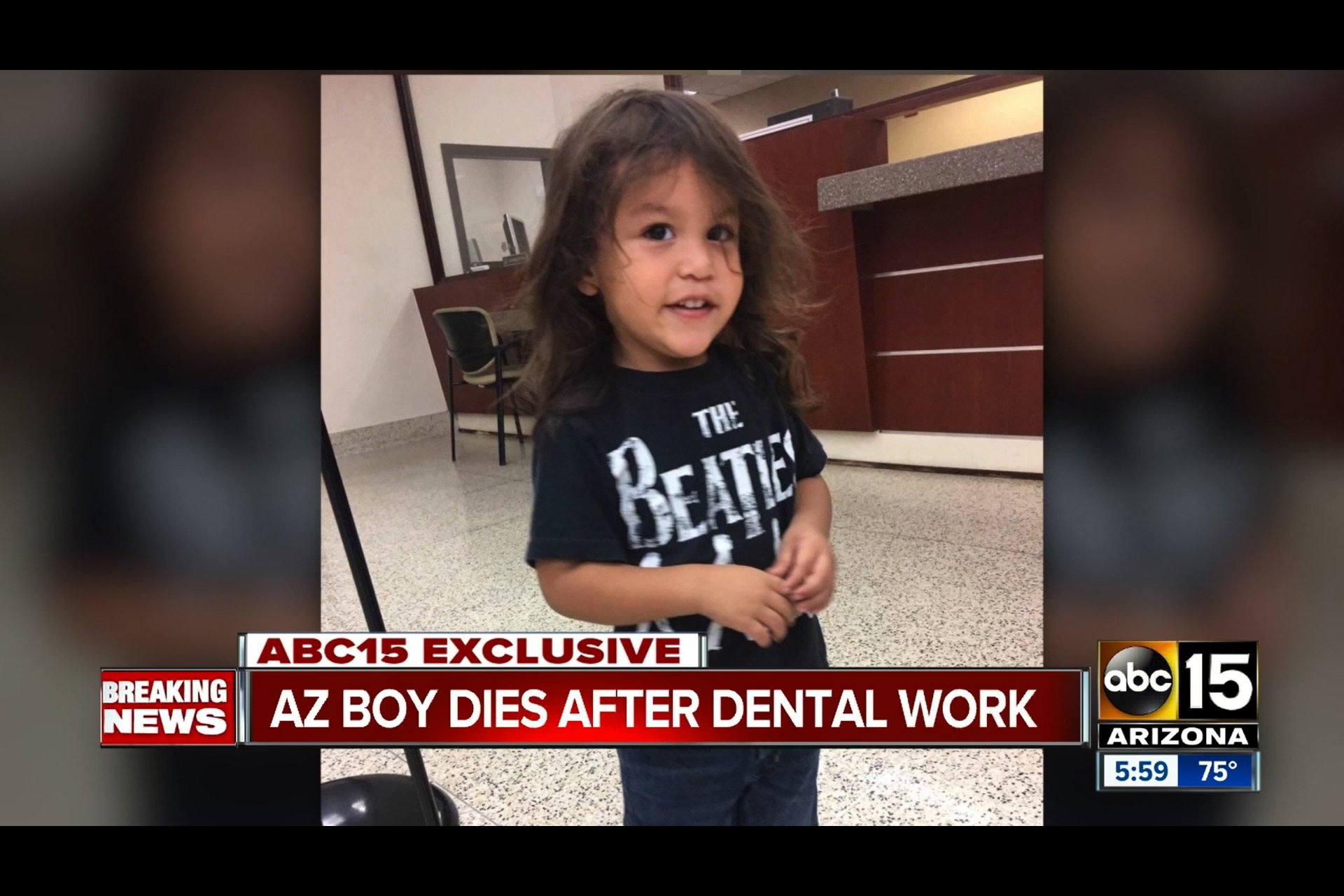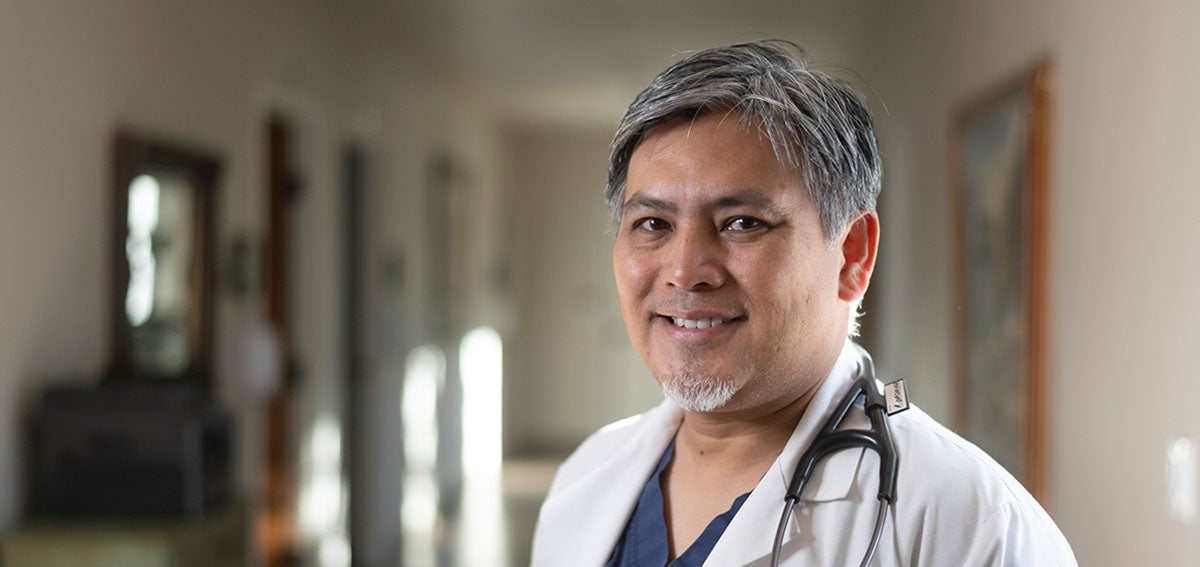I hear about more and more private practices being bought out by private equity / venture capital companies ...
...I'm assuming these investors are going to want returns...economies of scale can only bring so much revenue.
Wondering how profits are increased in these models? less staff? more grafts? biopsies? DME?...
You basically hit it on the last part.
The supergroups / VC don't
lose money on the podiatry, but they are basically just feeders for other services they own...
These groups just buy/create a path lab, vascular center, DME shop, PT place, etc.... sometimes all of those or other stuff... or even multiples of them depending on how big/small the supergroup. They are often almost over-staffed and over-managed to fill out all the referrals, auths, etc to try to facilitate the many refer goals of the group. They have terrible cost inefficiencies but try to make it up on high ticket items, volume, buying in bulk, productive offices float vacant offices or new spending, and other stuff like that.
They pay the DPM associates maybe 25-40% depending on service type, they keep maybe 20%... so they win no matter what. But that's not the end game. They will tend to give more incentive to the things they make a lot on (vasc refers, "grafts," path lab, etc) and less on the basics (DME or PT or basic pod stuff and OTC).
I worked for one of these for about a year near where I practice now, but they are trying to be multi-state. I had talked to other such midwest and eastern groups in the past in other states. Some are more ethical or well-run than others, but they are all the same model:
In addition to them snipping about 20% of all basic collections, it's basically refer-for-profit without being overt about it on their bigger ticket items (you "can" send Rx DME to other places, you "can" send specimens to another path lab or decline to do them, you "could" send your PAD pts to vascular surgery instead of their vasc cath guy, etc... but you would not get your "bonus" and they wouldn't be very happy about any of it. It's all about collections in supergroups, esp for the big ticket refers that they own.
You will see some VERY interesting results from a lot of these groups: pts sent for Rx DM shoes +insoles comes back with the shoes... plus bilateral drop foot braces you didn't ever Rx or even the orthotist asking for Rx for a back brace, a list of patients you see who are eligible for bogus wound "grafts" shows up mysteriously every month in your email even if they're already healed or amped, the new interv radiologist the group hired who was let go by Modern Vascular is introduced as an expert the group should sent all PVD pts to, pt sent Rx ABI end up with multiple caths... then comp custom stockings, etc. I found that surgery is almost discouraged (they want max DME, and surgery does little or nothing for them unless you do DME or nonsense wound grafts after). You will also get all kinds of supergroup patients - both yours and other docs in the group - coming in complaining about their bill, "$900 just to cut nails (path lab)," "why do I have to drive 150miles for a brace (because my group owns the brace shop)," "I don't want to go 100 miles for that vascular ultrasound when I could just do it at the hospital (group owns vasc place)," etc.
The VC supergroups are a mighty good deal for original owner (buyout and then admin fees, sit back and press services while associates do the work and face the music of the billing complaints and DME issues, etc), and of course it's a dandy deal for the VC.
They're a permanent worker bee stop if you're the associate. Pay can be ok or good, mainly depending on how much you choose to feed the referral trains. Most are mills, but job security all depends on $ (how much you want to keep and how much you create for them).
The group I left cut pay of some docs and let others go... they have a bunch of grad residents coming on this summer (and every summer). Rinse and repeat. They try to put in non-competes even in states where that is not enforced. The new docs come in because the base is a bit higher than a normal pod PP (and because podiatry's job market sucks), but they are trading away having autonomy/stability and any shot at partnership/buyout and mentorship that a smaller pod group might have. The supergroup DPM associates can also get ping-ponged around between group's offices on a whim, contracts changed, almost zero bargaining power due to merely a replaceable cog in the wheel, etc. They also don't know the base will disappear or get changed. Many see the fairly good base and then take on roots or big car payment or whatever and tend to get trapped awhile treading water trying to do those refer services the group owned as much as they can and/or commuting a lot. It's sad.
Supergroup practice is growing, and it's essentially podiatry's version of PharmDs working Walgreens retail or ODs working Walmart optical. You have no say in anything and have to exist in somebody else's structure and constantly be told you need to see more pts and collect more. As if having one boss in PP is not enough, in supergroup, you get to deal with multiple remote managers and marketers (for the refer places owned by group) trying to call the shots and decide staffing and "train" your office with little knowledge of what's actually going on in the individual locations. There tends to be a lot of video meetings and circle jerking among the admins to tout their newest and latest moneymaker ideas and the "protocols." It's sorta as if PP jobs and hospital employ jobs had a weird special needs child. Not ideal... although not totally uselesssss if it's an area where non-competes don't hold up and you want to make a bit more than a typical PP associate and then... yaa.
🙂
 www.forbes.com
www.forbes.com

 kffhealthnews.org
kffhealthnews.org

 www.forbes.com
www.forbes.com



